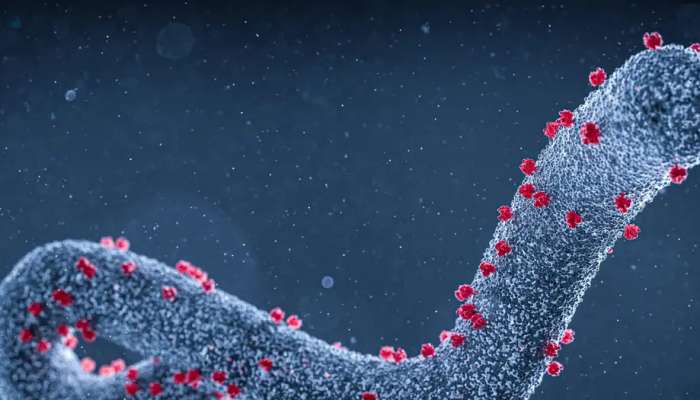
Kigali: Rwandan Assistant Health Minister Yvan Butera on Thursday said doctors were seeking to break the spread of the Marburg virus disease by isolating and monitoring the contacts of infected individuals.
He also said the ministry was embarking on trials of vaccines and clinical therapies for those already sick with the viral hemorrhagic disease from the same virus family as Ebola.
"About to start vaccine and therapeutic clinical trials to protect high-risk groups," Butera said on X, without giving details of the drug to be tested.
What we know about the outbreak
The ministry was monitoring 410 people who had made contact with those infected, he added, while five more had now tested negative, although they awaited the results of further tests.
The disease, which has symptoms from severe headache to vomiting, muscle and stomach ache, was first confirmed late in September.
According to Rwandan Health Ministry data, 36 cases of the illness, which has a fatality rate as high as 88%, have been reported so far.
The disease is typically transmitted to humans by fruit bats but can then spread from person to person through contact with bodily fluids.
False alarm in Hamburg
In the German city of Hamburg, diagnostic tests came back negative for two people feared to have the Marburg virus, authorities said on Thursday.
Both had been taken to hospital on Wednesday amid fears they were infected.
One is a medical student who came into contact with an infected individual while treating patients abroad.
The student is to continue to be monitored until the end of the incubation period of up to 21 days and is to remain isolated in a special area of the University Medical Centre Hamburg-Eppendorf (UKE).
His companion is also to be observed at the UKE over the weekend.
The disease was first detected in 1967 in the German city of Marburg, the origin of its name, by laboratory technicians who were infected when they were investigating monkeys brought from Uganda.
There were cases of Marburg in Tanzania and Equatorial Guinea in 2023 and in Uganda in 2017.